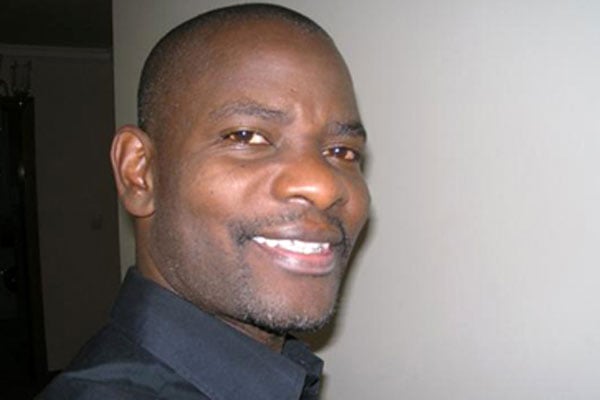Prime
Women equality still hampered by biases and lack of education

Author: Musaazi Namiti. PHOTO/FILE
What you need to know:
Biases. These unconscious biases feed prejudices and discrimination. On average, says the World Economic Forum in its 2017 report, women are paid $11,000 (Shs41m) a year compared to the $20,000 (Shs74m) annual salary of men.
It is International Women’s Day today. And the theme is: I am Generation Equality: Realising Women’s Rights. This year’s theme grabbed my attention because equality and women’s rights are at the heart of women’s emancipation. Without them, countries cannot make real progress.
In some countries—we only have a handful to talk about—things look great. But in the vast majority of places, progress has been painfully slow. In fact, the World Economic Forum, which publishes the Global Gender Gap report every year, delivered some disappointing news. It said: “None of us will see gender parity in our lifetimes, and nor likely will many of our children.”
That is a sobering finding of the Forum’s Global Gender Gap Report 2020, which reveals that gender parity will not be attained for 99.5 years.
Countries that are making real progress are not the ones strutting the international stage and dominating headlines in international affairs, which is surprising. It is mainly Scandinavian countries—the usual suspects when it comes to human development and impressive provision of social services for the masses.
The most gender-equal countries in the world are Iceland, Norway, Finland, Sweden, Nicaragua, New Zealand, Ireland, Spain, Rwanda and Germany in that order, according to the report. I need hardly say that Europe dominates the list while sub-Saharan Africa has only one country making good progress—Rwanda.
The report says that gender parity has a fundamental bearing on whether or not economies and societies thrive. We can see this in the countries that top the list. Their economies may not be the fastest growing, but they are strong, and the people in those countries enjoy high standards of living and are generally happy. Finland, for example, topped the list of the happiest countries in the world, according to the World Happiness Report 2018, the latest that is available.
A key question we have to ask now is: What do we have to do to ensure that the words in this year’s theme are not simply reflected in our development policies and laws?
All countries that are making progress are populated by humans just like those that are lagging behind. There is nothing, for example, that Rwanda has done that Uganda cannot do to uphold equality for women and their rights.
Having said that, I think there are two major obstacles still hampering progress. One is that many women still struggle to have access to education. Without education, they remain ignorant of the importance of equality and rights. Another obstacle is our unconscious biases and prejudices against women.
Many men—and women—when they hear someone talking about the CEO of a major company, they tend to think the CEO is male—until they see the CEO’s name or see the CEO.
We are all to blame. In 2017, I read a well-written and fascinating article entitled “Why Facts Don’t Change Our Minds” on the website of the New Yorker, and I went on to share it on social media.
I had not looked at the by-line (name of the writer) when I started reading the article, so I had concluded that the article was written by a man. It was after I reached the last sentence that I took trouble to go back to the title and checked the by-line. To my pleasant surprise, the article’s author was a woman named Elizabeth Kolbert. My unconscious bias had led me to think that the kind of writing I was reading could only have been done by a man.
These unconscious biases feed prejudices and discrimination. On average, says the World Economic Forum in its 2017 report, women are paid $11,000 (Shs41m) a year compared to the $20,000 (Shs74m) annual salary of men. Women also undertake close to five hours of unpaid work a day, compared to less than two hours a day by men.
Even in developed countries and at well-established organisations, gender biases persist. Last May, a BBC manager publicly turned down a promotion after finding out she had been offered £12,000 (Shs57m) less than a man doing the same job, according to The Guardian.
“Despite being awarded the same job, on the same day, after the same board, during the same recruitment process, BBC News asked me to accept a considerably lower salary than my male counterpart,” Karen Martin wrote in the email sent to all BBC radio newsroom staff.
These biases and discrimination are hard to explain and eliminate. But they cannot and will not go away by themselves. We have to eliminate them. And the best way is to make this year’s theme a reality.
The writer is a journalist and former Al Jazeera digital editor in charge of the Africa desk
[email protected]
@kazbuk




